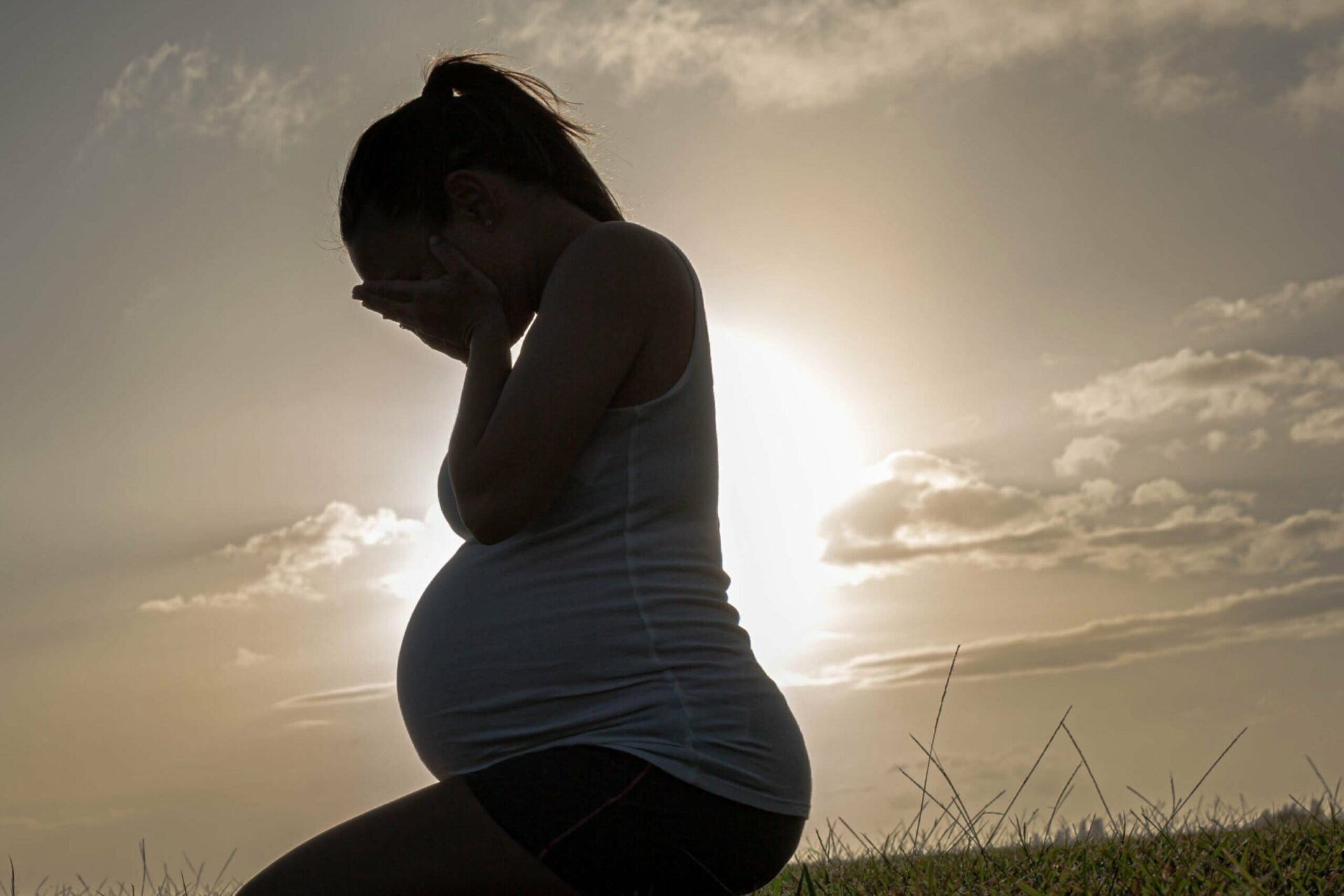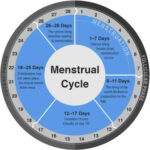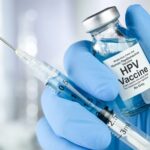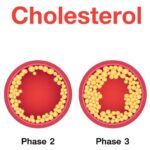Before we answer this question, let’s understand the background or the premise.
1. The egg released from the ovary can only survive for 24 to a maximum of 48 hours after it is released. If there is no egg, then there cannot be fertilization, which means no pregnancy can result from a sexual encounter.
2. The sperm can live for an average of 5 days in the vagina of a woman. However, viable sperm has been recovered from the vagina after 7 days.
There are various techniques and apps that attempt to predict the safe period with some degree of certainty, but the failure rates of these natural methods are very high, up to 30% in some. The high failure rate is not due to ineffectiveness of these methods, but rather the challenge of getting the timings right.
Various natural family planning methods exist, example
Temperature method
Cervical secretion monitoring method
Calendar or rhythm method
To improve the accuracy of predicting your safe period;
1. You must know your cycle length. Do not assume that you have a regular 28 day cycle. To determine your cycle length mark the first day of your period on the calendar for 6 consecutive months; count the number of days between the start dates; strike the average and that becomes your average cycle length.
2. Determine when you are ovulating. The signs of ovulation are an increase in body temperature; increase in thin, mucoid vaginal discharge; increased desire to have sex (is horniness) and finally sharp pain in the lower abdomen, which marks the point at which the egg is actually released from the ovary, mark this day on the calendar. After the sixth month, you can then determine the average day of your cycle when you are likely to ovulate.
Many women are not sensitive enough to feel that sharp pain
or notice the increased body temperature, which makes predicting ovulation tricky, however, the increase in the desire to have sex is usually a constant feature, even though it does not correspond to the day of ovulation.
If after tracking your cycle, you conclude that your average cycle is 28 days, and you ovulate on the 14th day, then it means that you are most fertile on day 14 of your menstrual cycle give or take 1 day on either side
When we put all the information together, knowing the period of viability of the sperm, it means that unprotected sex within 5 days of your fertile period can result in pregnancy. That means, you are likely to get pregnant if you engage in unprotected sex between day 8 and day 15. Your safe period is therefore day 16 to day 7 (ie day 1 to day 7 and day 16 to day 28). This is a highly simplified calculation and only valid for those with a regular 28 day cycle.
For the full calculation, especially for those with irregular or longer cycles, click here.
The complexity of calculating the safe and unsafe period coupled with the variations in the menstrual cycle of a woman and the discipline required to follow through with this method are the reasons why the failure rate is so high.
Now back to the original question
Is there a safe period to have unprotected sex?
You tell me!
Up to 30 women out of 100 who practice the calendar method, rhythm method or safe and unsafe period as a means of family planning will get pregnant. There are other more effective ways of preventing pregnancies.







